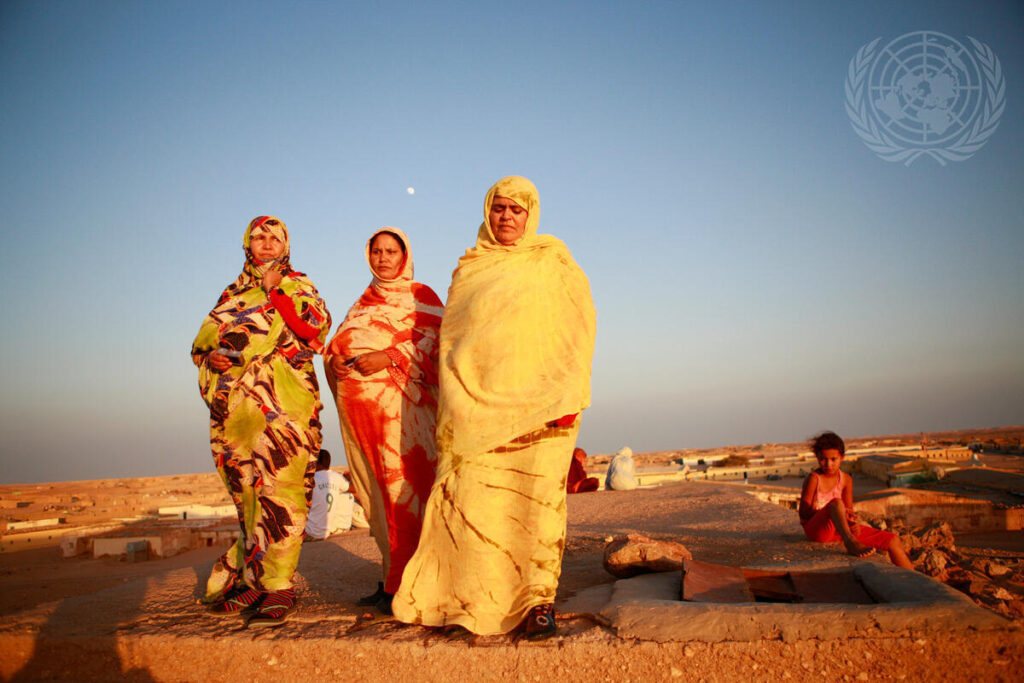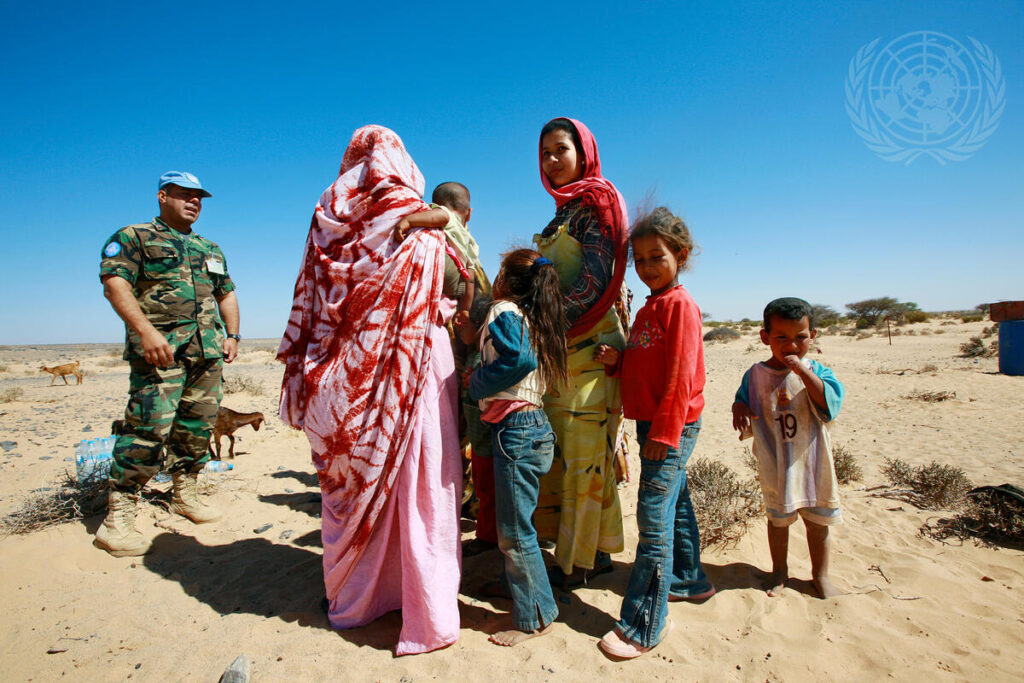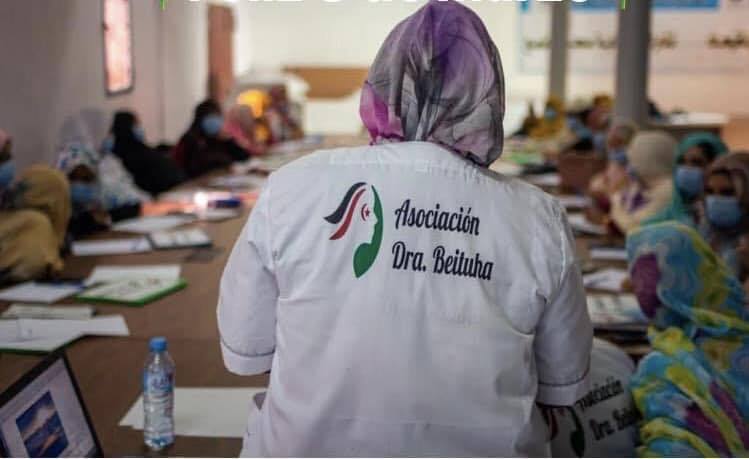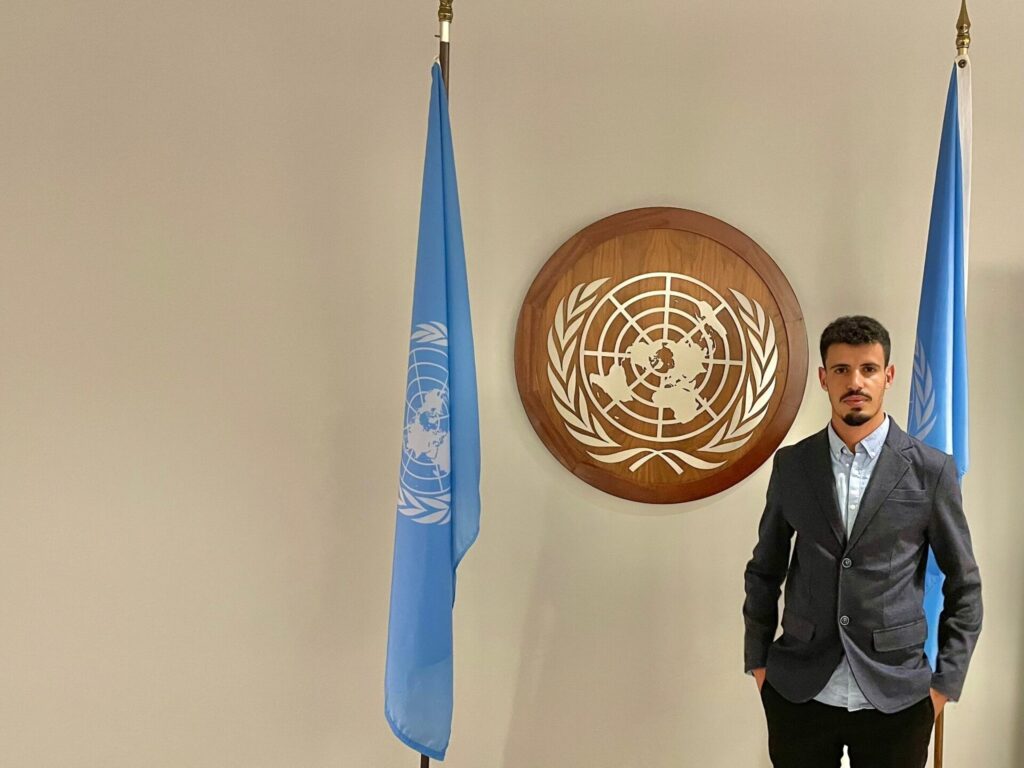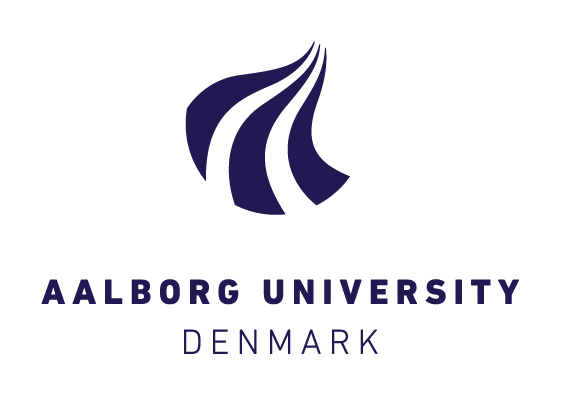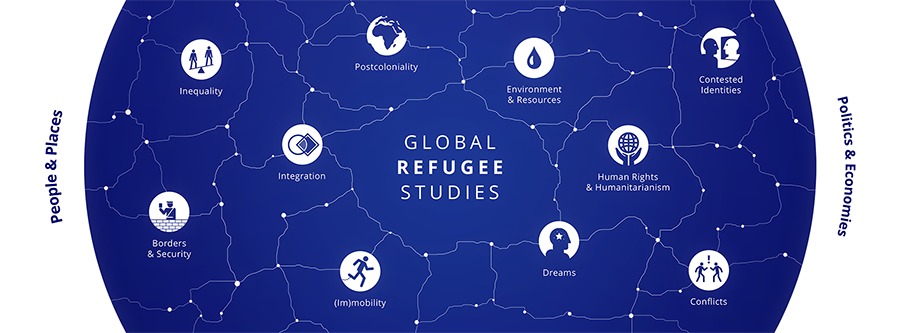Illiteracy levels are practically non-existent in the Algerian Tindouf camps that host Saharawi refugees. As part of my research for my master thesis in Global Refugee Studies at Aalborg University, I interviewed Bachir, Raabub and Taleb to learn about how the Polisario Front achieved such a feat in the past decades.
Historical background
According to the UN, Western Sahara is the only territory in Africa pending decolonization since 1964. Being officially a Spanish colony since 1884, the United Nations General Assembly (UNGA) requested Spain to decolonize Western Sahara in 1966 with the aim that the native inhabitants of the territory could freely exercise their right to self-determination. Instead, the Francoist Spanish administration turned Western Sahara into a Spanish province to avoid this. A decade later, Spain went through a period of uncertainty and political weakness due to the illness and death of the dictator Franco. This context caused Spain to give in to the demands of the UN and the Polisario Front, the national liberation movement of Western Sahara that works to achieve self-determination for the Saharawi people, to hold a referendum.
Nevertheless, Spain’s political instability was taken advantage of by King Hassan II of Morocco to stop the referendum and claim Western Sahara as Moroccan with the collaboration of the United States. Faced with the UN’s denial of his claims, the king ordered the Green March for the Moroccan people in November 1975, where more than 300,000 Moroccans occupied and appropriated the Saharawi territory. At the same time, Mauritania also showed territorial ambitions for Western Sahara. Spain quickly signed the ‘Treaties of Madrid’ in which it gave both countries the power to administer the territory in exchange for benefiting from the exploitation of the territory’s marine resources and the extraction of fossil fuels.
The Green March was an order issued by the Moroccan monarch to its citizens as a sign of obedience and loyalty, being promoted as a “peaceful march”. However, a fight to annex the region broke out as the troops of Morocco and Mauritania attempted to slaughter any Sahrawi population resistance, with the support of France and the United States. Therefore, a significant portion of the Saharawi people fled to Algeria, staying in the Tindouf refugee camps. Another segment of the populace, however, was unable to leave and remained in the area where the invading soldiers had taken control. In such a political context, the Polisario Front responded by announcing the foundation of the Saharawi Arab Democratic Republic (SADR).
The educational project is launched
When the Saharawis settled in the Tindouf camps in Algeria, the illiteracy rate was 90%. Since its foundation in 1973, the Polisario Front had already begun to organize itself strongly with regards to education. Bachir Lehdad Dadda, who was born in 1956 when Western Sahara was still a Spanish colony, remembers this stage: “The first thing the Polisario Front did was motivate its militants to study. To study and study. Whatever language, whatever subject, but that they learn to read and write was the first thing. Women, men, old people, everyone. I remember perfectly how, together with two colleagues in 1974, we secretly met and brought together a few women, young girls who did not study, and well… We were teaching them, we were studying ‘Bachillerato’ [high school education program] at the time and we brought them magazines, newspapers and so on and in a gathering around tea, we started”.
“Despite the situation created by the war with two countries which were supported by France, the USA, etc., the bombs were falling and the children were in class. The Polisario Front was determined that there would be no Saharawi of any age who did not learn to read, write or study and this has been the dynamic until today”, he recalls.
Schools were established in the camps, where younger and illiterate students were taught to read and write by those who could. Writing was done on small blackboards or even in the sand during the early days of these schools, which were originally founded in modest tents. Schools with somewhat better infrastructures for early childhood education, known as tarbias, and primary education, known as madrasas, were progressively established thereafter in response to population growth and humanitarian aid.
“I remember in this sense, in 1975, the first modest but important school supplies we received were from Spanish society. Then, when we settled in the refugee camps, well, it is true that Libya, Cuba, Algeria, in agreements with the Polisario Front, sent school supplies as well as scholarships for careers. Algeria, Cuba and Libya were quite an important educational stronghold for us because they hosted many of our students in their high schools and universities. That is undeniable”, Bachir affirms.
Sending as many kids and teenagers as possible to study abroad, particularly in nations that recognized the SADR as those mentioned above, was one of the Polisario Front’s earliest educational initiatives: “The Polisario Front did not leave a door unknocked, in all countries. We also had scholarships in Syria, Russia, Romania, Czechoslovakia, Panama, Paris, Spain, Austria… I don’t know, in many countries, wherever we could get scholarships we went there. We didn’t care about the ideology of the country or their government or whatever”, he says.
Saharawi students in the camps and abroad
Raabub Mohammed Lamin, who as a newborn was part of the exile of thousands of Saharawis to Algeria, remembers being always aware of the hope placed in education for a future free Sahara: “From a very young age, we are instilled with the importance of studying and being someone in life and that the only way or one of the best ways for Saharawi children to be able to contribute to making the Sahara independent is to study a career […] to help our people and recover for an independent Saharawi future. So this is always the idea that is instilled in Saharawi children from very early on, so I was in tarbia and in madrasa and I remember that stage […] with great affection despite the harshness of the situation because it is not easy for a child to open their eyes in an inhospitable desert, to live off international aid…”.
“One of the greatest achievements of the Polisario Front is investing heavily in education, not only for boys but also including girls, because keep in mind that we, as an Arab country, have invested heavily in the education of children and women. This is something that I always emphasize because it is very important in an Arab and Muslim country that a government or an organization cares about the education of both genders, that is very important”, she states.
At the age of 13, like many other students her age, she arrived in Cuba since the majority of Saharawis who have finished their primary studies in the camps depend heavily on scholarships offered by other countries to continue their studies: “We started studying in Arabic, then in third grade we introduced Spanish and then in ninth grade French. So when we get to sixth grade, they start looking for who is speaking better Spanish. […] Those who speak better Spanish go to Cuba, they go to Spain, which had few Saharawi students, unfortunately. […] If you speak French better, well, if you have a French-speaking country or an Arab country in the area, for example, Algeria or Libya… Depending on the demand and the solidarity of the countries that ask for students”.
When I ask Raabub about her experience in Cuba, she describes it as positive despite the harshness of separating from her parents. She not only finished her high school studies there, but she also graduated in medicine. Thus, every year she goes to the camps to work as a doctor together with the NGO ‘‘Dra. Beituha’ of which she is a part. In our conversation, I told her that in recent years there have been certain testimonies from Saharawis who do not positively remember their stay in Cuba, where they claim to have been in need. Given this, Raabub explains to me certain facts of which there is little media coverage: “Morocco has seen danger in the [Saharawi] generations that are generated in Cuba because they are rebellious, committed, highly cultured generations… So, in order to sabotage the process of training Saharawis in Cuba, they have started a campaign to say that the Saharawis that have studied in Cuba have been forced [to do so]. That is a lie, I went voluntarily and that is what I am grateful for. […] During our student days in Cuba we were very happy, very well treated, we ate, not excessively because the Cubans did not have that either, but we have never lacked for anything”.
“One of the people they are using for that [campaign] has been our classmate and we were the happiest in Cuba and we are surprised to see that now she thinks differently simply because she is paid,” she declares. Surprised, I ask her more details about this and she explains her experience: “The Moroccans blackmail you as they want. […] There are people who are coerced to say things because they catch you […] or you simply let yourself be paid and they pay you, bribe you and you do and say what they want and if you don’t want to, they blackmail you”.
New generations of educated Saharawis
The last few decades have also opened up new opportunities for new generations in the Tindouf camps. Taleb Alisalem, a graduate in international cooperation and development, is a recognized activist for the cause of his people, being regularly interviewed in international programs and press and even having been invited to the UN summit in New York to intervene before the commission of decolonization. He tells me more about these changes in the camps: “Camps have changed a lot in the last few years. In the [original] camps you finished middle school and you had to go to any country, there was no option to do even high school or professional training or others. Now, a range of options has been opened, there is even a language school, if you want to study English. There are some American volunteers who live all year in the camps. […] They have an English school where they teach English classes for free and it is an option that many people are turning to. […] And then also the entrance of the Internet has made it easier for young people to do degrees online, you know? Because I have a friend who was studying for a [online] degree in the United States from the camps, I mean, how impressive”.
Despite the new opportunities, there are still few Western countries that, by not recognizing SADR, do not open their doors to Saharawis to study either. In line with this, Taleb shares an anecdote with me about the current prime minister of the SADR, Bouchraya Hammoudi Bayoun, during his tenure as ambassador to Algeria: “At a dinner of these diplomatics […] he was an ambassador and he met the US ambassador who told him ‘what seems worse to us is that you send your children to study under communism’ and he replied ‘look, give us a few scholarships and you will see how, from communism, I send them all to you’ but nobody sends us scholarships and nobody gives us the opportunity. We send our children where we are given the opportunity”.
The level of illiteracy in the Saharawi child population of the Tindouf refugee camps is currently less than 1%, a fact that should be highlighted considering the inhospitable conditions in which they live and their strong dependence on international aid. As Bachir pointed out to me during our conversation: “you had to educate to continue fighting and well, to see the need to be free because without that, without an education… you can never be free.” What is clear is that the Saharawi people, despite the difficulties and continuous international obstacles to exercise their right to self-determination, have always been able to recover from the injustices that they have had to live through, always emphasizing their teamwork and democratic values and never losing their determination to see, one day, an independent and free Sahara.
Daniel García Balsera is a M.Sc. student, Global Refugees Studies, Aalborg University, DDRN University Intern
